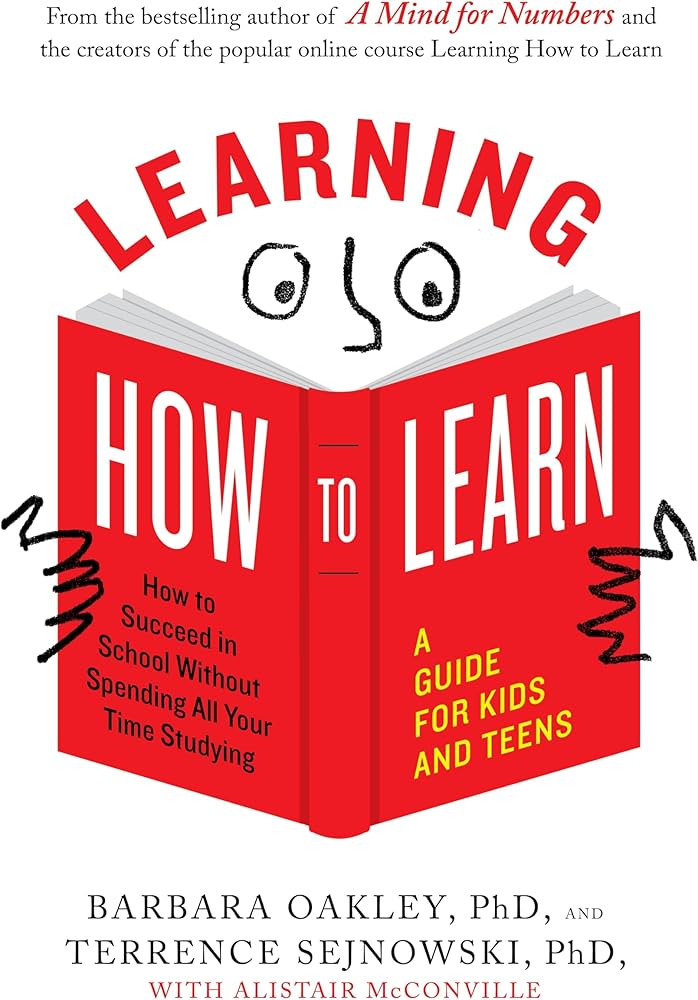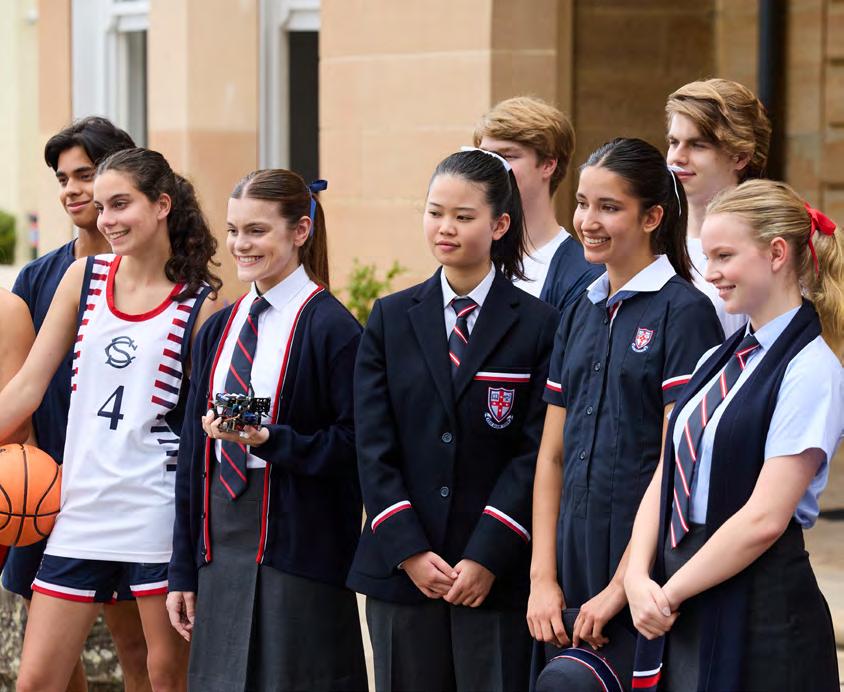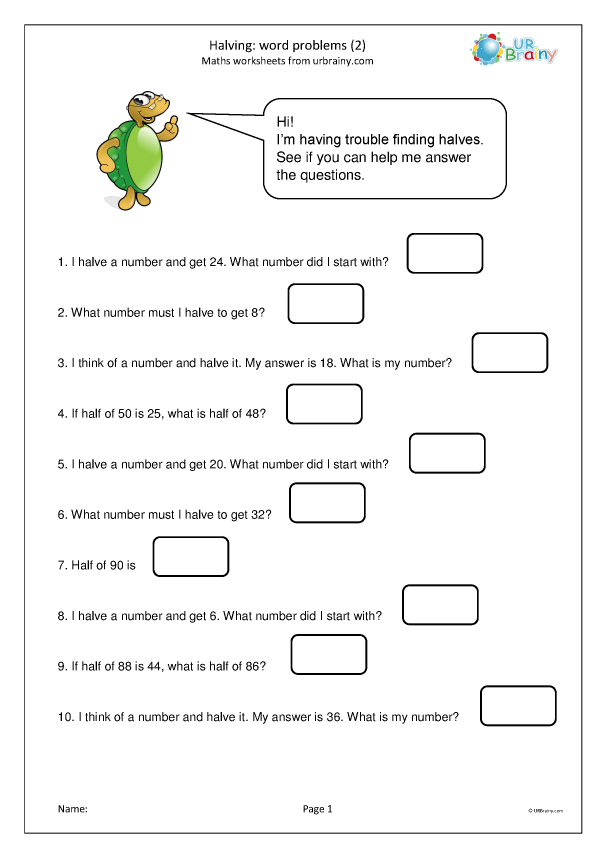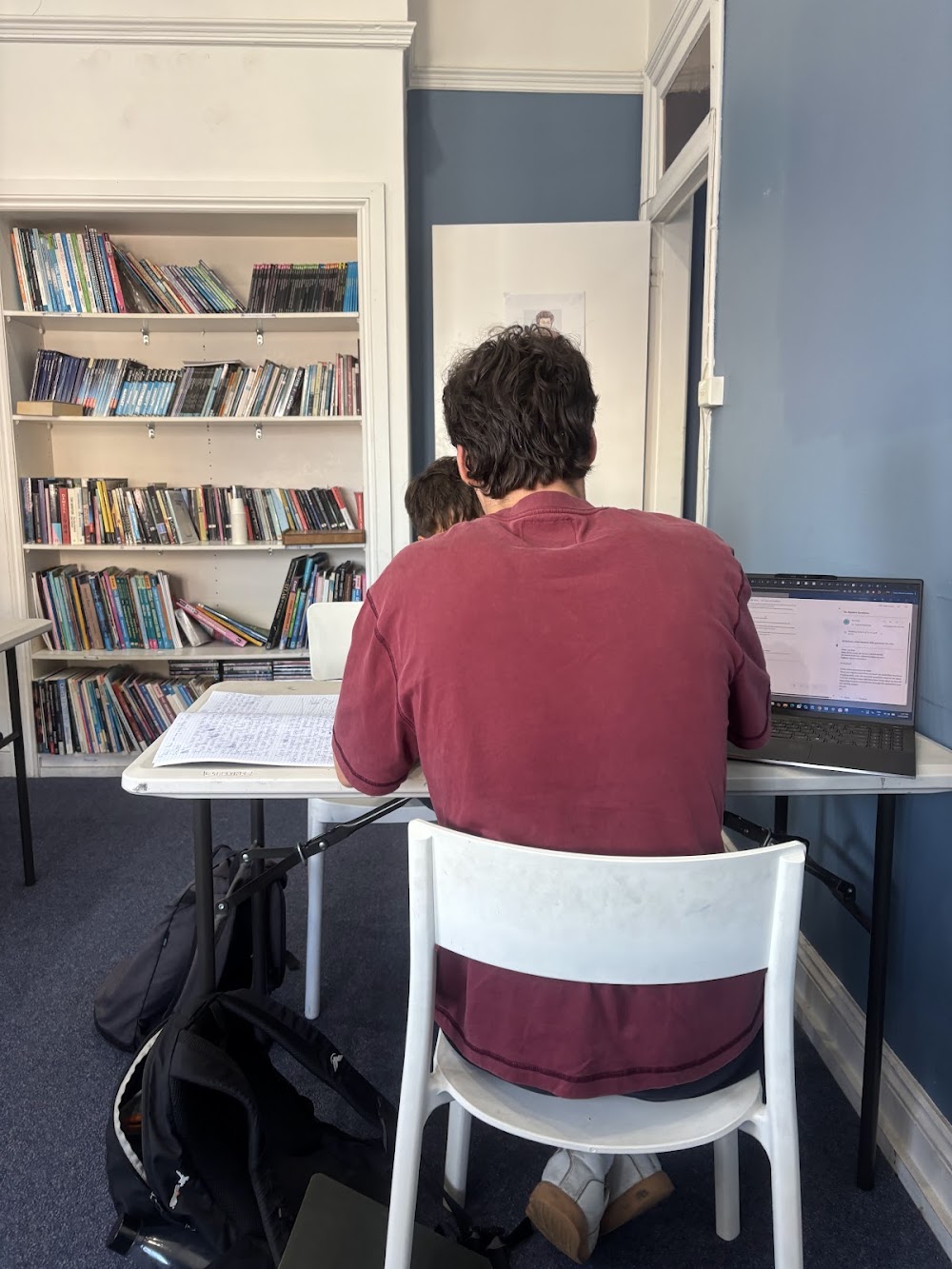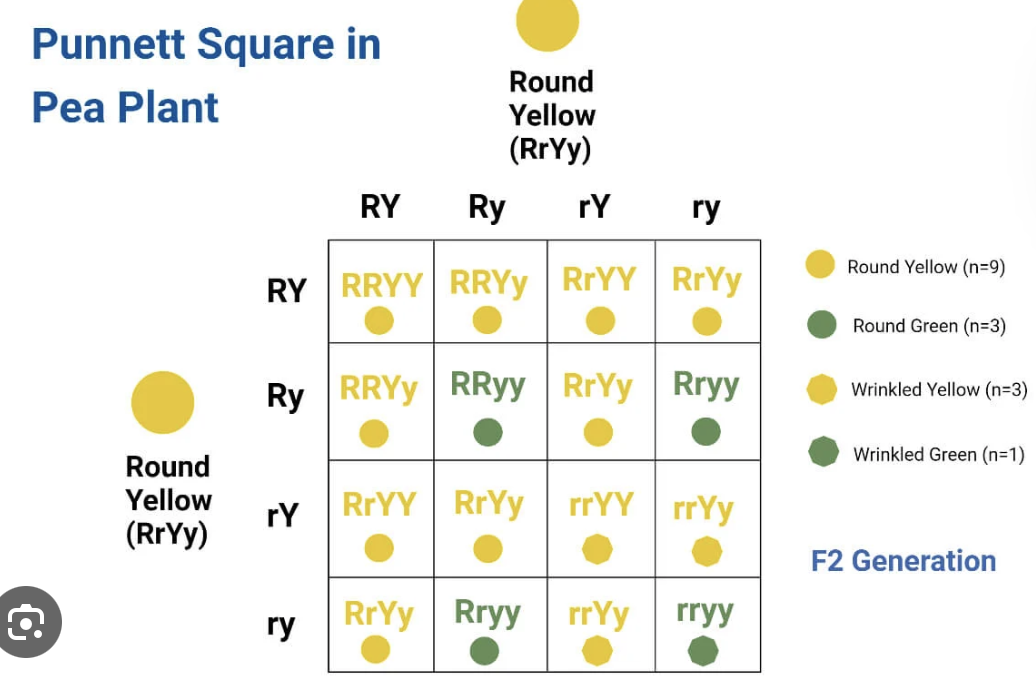
Why Tutoring Is Beneficial for High School Students from Year 7
Starting high school in Year 7 is an exciting time, but it can also be super challenging. Students are introduced to new subjects, higher expectations, and more independent learning. Tutoring can play a valuable role in helping students adjust smoothly and build a strong foundation for future success.
One of the biggest benefits of tutoring is personalised learning. In a classroom, teachers must support many students at once, which can make it hard to address individual gaps. A tutor can focus on a student’s specific needs, explain concepts at their pace, and revisit topics until they feel confident. This early support prevents small misunderstandings from turning into bigger problems later on.
Tutoring also helps students develop good study habits from the start of high school. Skills such as organisation, time management, and exam preparation are essential, and learning them in Year 7 sets students up for long-term success. As confidence grows, students are more likely to participate in class and take ownership of their learning.
Finally, tutoring can reduce stress for both students and parents. Knowing extra support is available creates reassurance and encourages a positive attitude towards school. Overall, tutoring in Year 7 helps students feel confident, capable, and ready to thrive in high school.
Shyla Gloster


